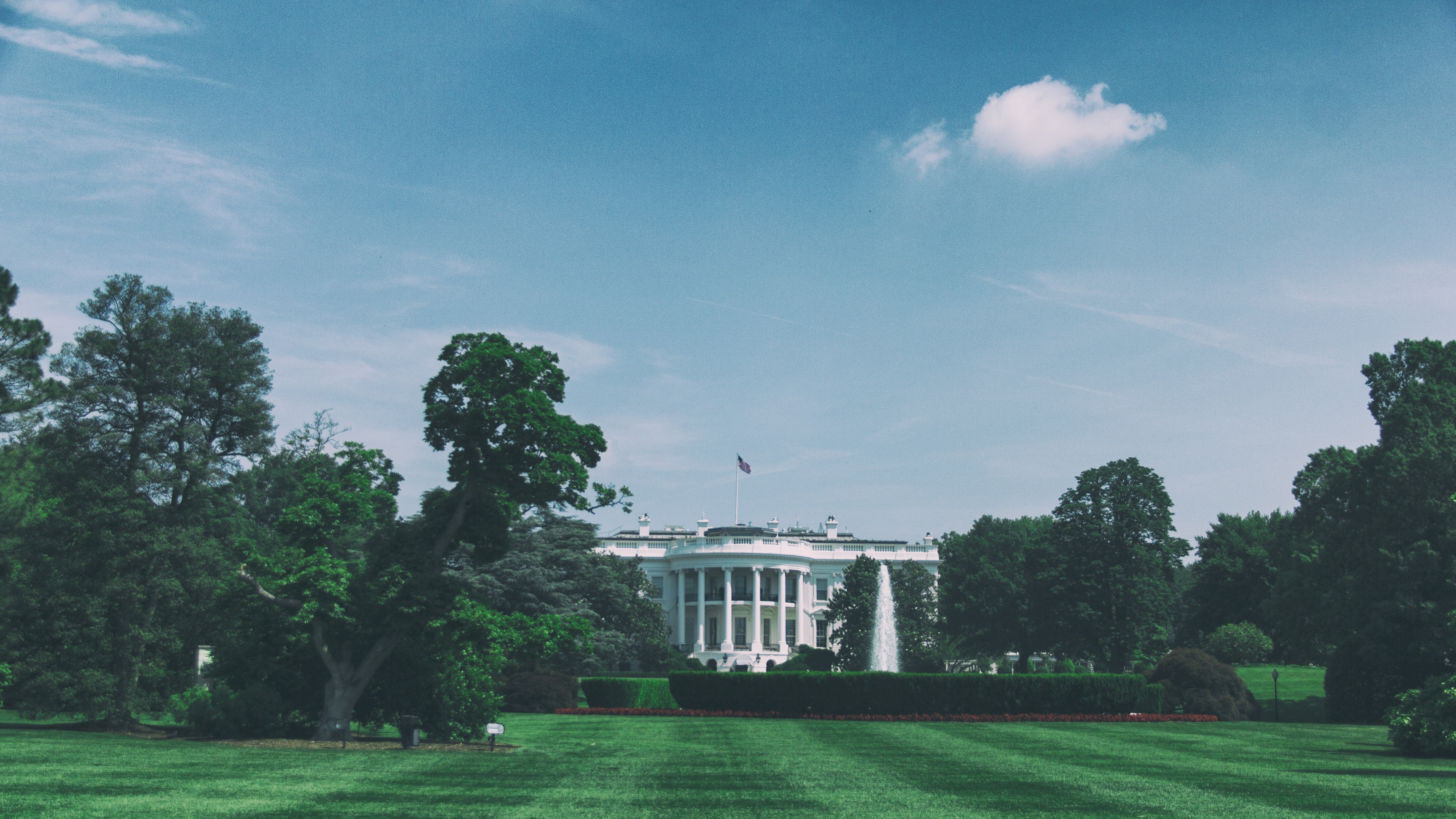 The U.S. District Court of the Southern District of California granted whistleblowers a significant victory this year. In the case of Erhart v. BofI Holdings, Inc., the district court found an employee’s confidentiality agreement with his or her employer did not trump federal whistleblower’s rights. In some circumstances, employees can gather confidential documentation as evidence of fraud, despite signing a confidentiality agreement. Additionally, any retaliatory actions by the company against the whistleblower in relation to these confidential documents is unlikely to succeed.
The U.S. District Court of the Southern District of California granted whistleblowers a significant victory this year. In the case of Erhart v. BofI Holdings, Inc., the district court found an employee’s confidentiality agreement with his or her employer did not trump federal whistleblower’s rights. In some circumstances, employees can gather confidential documentation as evidence of fraud, despite signing a confidentiality agreement. Additionally, any retaliatory actions by the company against the whistleblower in relation to these confidential documents is unlikely to succeed.
Erhart v. BofI Holdings, Inc.
Charles Matthew Erhart was an internal auditor for BofI Federal Bank. After being let go, he brought suit against BofI under the Sarbanes-Oxley Act and other whistleblower laws based on the company committing fraud against the government and retaliating for his bringing evidence forward. He stated he was fired because he disclosed the bank’s federal and state law violations to federal regulators.
 Healthcare Fraud Lawyer Blog
Healthcare Fraud Lawyer Blog



 In the case of
In the case of 


